Italy, Japan... why exactly were these areas named and what historical events caused this... 
The history of each country is unique. Rarely does it go without some kind of seizures, wars and confrontations. But what does the name of the new territory depend on?
Finland 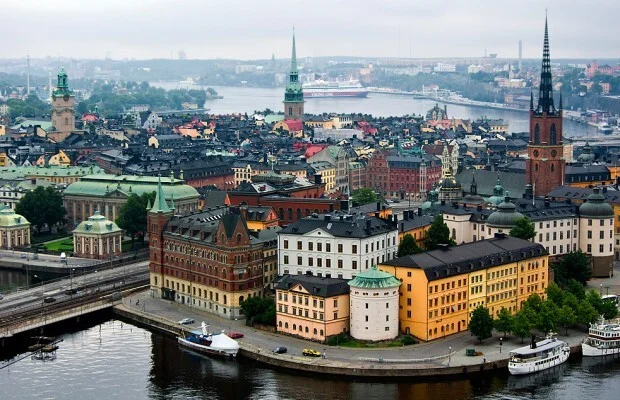
In many other languages, the name comes from the Swedish Finland (“land of the Finns”). And the Finnish name of the country is Suomi. According to one version, the area Suomamaa once existed (Finnish suoma - “swamp”, maa - “land”; literally: “land of swamps”). Settlers from there transferred the name of their homeland to southwestern Finland, which became known as Suomi. And there is another version that “Suomi” is a distorted “Sami”, that is, the name of this very people who lived in that territory before the arrival of the Finnish tribes.
Japan 
Until the end of World War II, Japan's full name was Dai Nippon Teikoku (大日本帝國), which means Great Empire of Japan. Currently, the official name of the country is “Nihon koku” (“Nippon koku”). “Nihon” literally means “the place where the Sun rises” and that is why we so often hear “Land of the Rising Sun”.
Greece 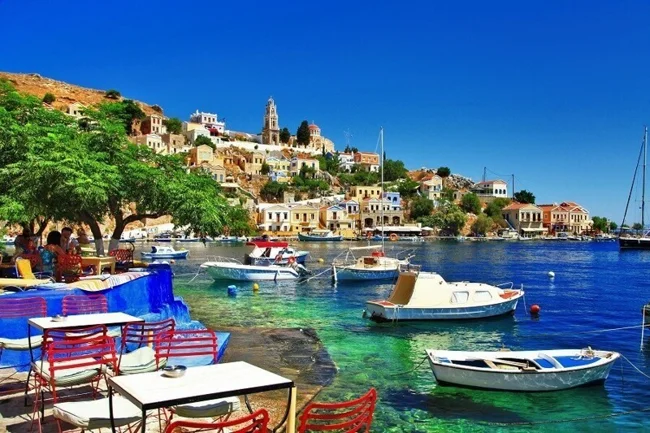
The Greeks call their country Hellas (Greek: Ελλάδα). The words "Greece" and "Greek" are of Latin origin and are not used in the Greek language. With the adoption of the term “Hellenic,” Hellas became a collective name for the entire Greek mainland, and then for all of it, including the archipelagos and regions in Asia Minor.
Montenegro 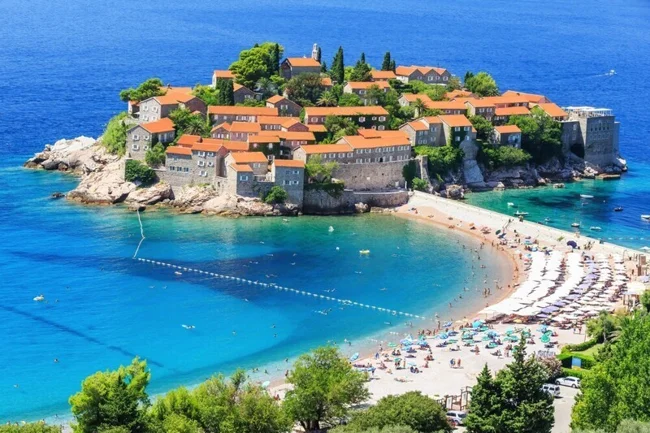
In most Western European languages, the name of the country is an adaptation of Venetian Montenegro (from mons "mountain" + niger "black"). That is, "black mountain". Serbian Crna Gora designated most of what is now Montenegro in the 15th century. Initially it referred only to a small strip of land where the Pashtrović tribe lived, but then it began to be used to designate a wider mountainous region where the Chernoević dynasty ruled.
Italy 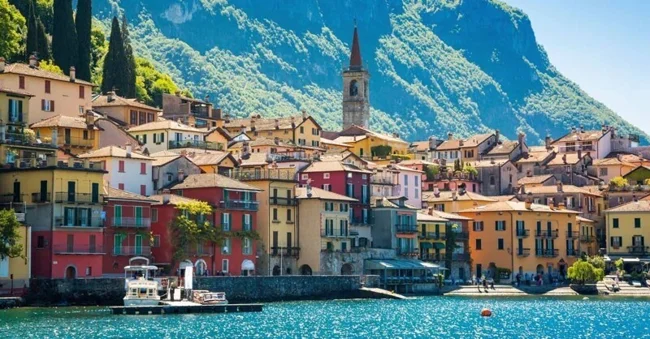
The most common version is that this name came from Greece and is translated as “the country of calves.” The bull was a symbol of the peoples who inhabited the south of Italy and was often depicted goring the Roman She-Wolf. Initially, Italia was applied only to that part of the territory that is now occupied by Southern Italy.
USA 
It is still not known for certain who exactly proposed the “United States of America”. In 1507, Martin Waldseemüller, a German cartographer, produced a world map where he named part of the Western Hemisphere "America", in honor of Amerigo Vespucci.
The phrase "United States of America" appears for the first time in a letter dated January 2, 1776. It was written by Stephen Moylan.
Egypt 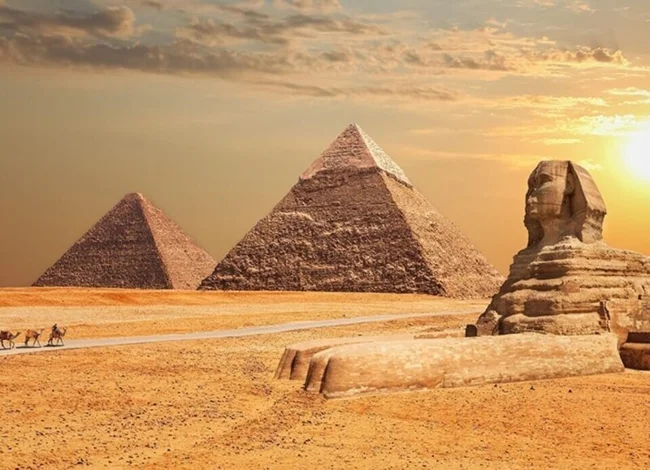
The name came to Europe from ancient Greek (ancient Greek Αἴγυπτος, aigyuptos). And in ancient Egypt, the inhabitants called their country Black, and themselves - the people of the Black Land, after the color of the soil in the lowlands of the Nile Valley. Egypt comes from the ancient Egyptian name of the city of Memphis - Hikupta. At the beginning of the first millennium BC, the ancient Greeks began to penetrate Egypt, and the first of the largest cities they encountered was Memphis. The Greeks took one of its names to designate the entire country.
Germany 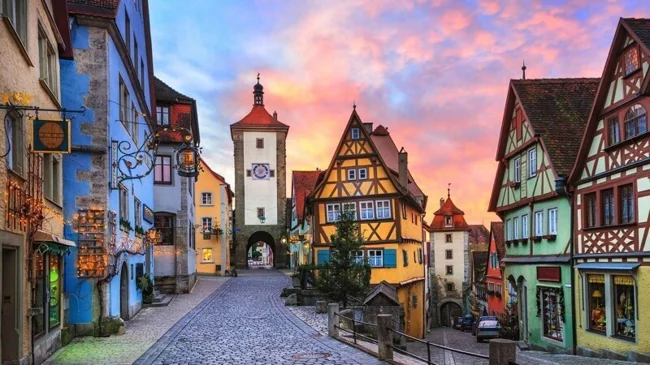
The name Germany comes from the Latin "Germania" and it goes back to the writings of ancient authors of the 1st century AD and is derived from the ethnonym "Germans" (Latin - Germanus). In German the state is called "Deutschland". "Deutsch" originally meant "relating to the people" and primarily implied language. Well, “Land” means “land/country”. The modern spelling of the name has been in use since the 15th century.
China 
The word comes from the name "Katay", which arose from the name not of the Chinese, but of the proto-Mongolian group of nomadic tribes from Manchuria - the Khitan (Chinese). In 907, they captured northern China and founded their Liao dynasty there. Other nomads took their place in the 12th and 13th centuries, but the name Kitai remained fixed as the proper name of Northern China. And thanks to European merchants, the name “Catay” ended up in Western Europe, displacing the Latin “China”.
India 
The name of the country comes from the ancient Persian word Hindu, which is related to the Sanskrit Sindhu - the historical name of the Indus River. The ancient Greeks called the Indians Indoi - “people of the Indus”. The Indian Constitution also recognizes a second name - Bharat, which comes from the Sanskrit name of the ancient Indian king. And the third name, Hindustan, has been used since the time of the Mongol Empire, but it is unofficial.
Israel 
For the last three thousand years, the word "Israel" has meant both the entire Jewish people and the Land of Israel. The source of this name is the Book of Genesis, where Jacob, after wrestling with God, receives the name Israel.
“And he said, What is your name? He said, Jacob. And he said to him, From now on your name will not be Jacob, but Israel, for you have wrestled with God, and you will overcome men” (Gen. 32:27,28).
And the first mention in history of the word “Israel” can be found on the Merneptah stele in the territory of Ancient Egypt (late 13th century BC) and it refers to a people, not a country.
Chile 
The Spanish historian José de Acosta (Chile was colonized by the Spaniards) wrote that the word “Chile” in the Quechua language meant “cold” or “limit.” There is also a version that this was the name of the main valley in Chile.
0 comments

